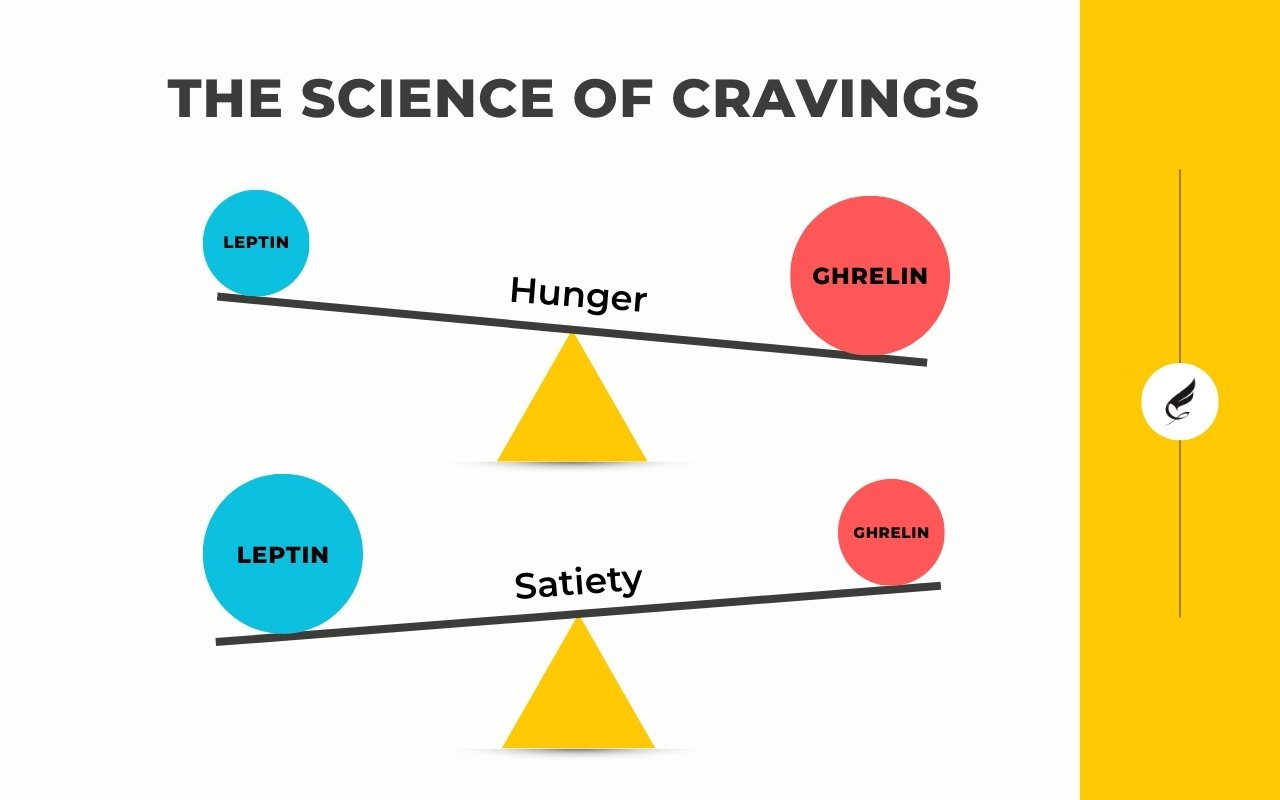Crushing Cravings: Why Women Struggle & How to Conquer Them
Ladies, let's talk cravings. We've all been there: the irresistible desire for something sweet, salty, or just…anything. It's especially tough when you're trying to lose weight and reach your fitness goals. But don't worry, you're not alone, and it's not just a lack of willpower. Cravings are rooted in science, and understanding them is the first step to conquering them and making healthier food choices.
The Science of Cravings: Hunger Hormones, Blood Sugar, and Calorie Deficits
When you're in a calorie deficit (eating fewer calories than you burn), your body's protective mechanisms kick in. This is perfectly normal! Your hunger hormones, like ghrelin, get more stimulated, signaling your brain that you need more food. Your body craves energy, often in the form of high-calorie, sugary, or fatty foods. This is simply your body's way of trying to maintain homeostasis. Fluctuations in blood sugar can also significantly role in triggering cravings, especially sugar cravings. Insulin resistance and sleep deprivation can also lead to increased cravings for bad food.
Learn more about the importance of sleep with our blog Sleep and Recovery: The Foundation for Optimal Fitness and Wellbeing!
The Protein Power Play: Satiety, Muscle Preservation, and Appetite Control
Protein is your secret weapon against cravings. It promotes satiety, meaning it keeps you feeling full for longer, helping to manage cravings and control your appetite. Many women do not consume enough protein, which can lead to increased cravings and muscle loss, especially in a calorie deficit.
Daily Protein Requirements: For normal physiological functions, women need around 0.8 grams of protein per kilogram of body weight.
Muscle Preservation/Building: To preserve or potentially build muscle tissue while in a calorie deficit, aim for 1.2-1.6 grams of protein per kilogram of body weight.
Example: A 60 kg woman would need 48 grams of protein for basic functions and 72-96 grams for muscle preservation/building.
If you want to learn more about protein check out:
The Low-Density Food Advantage: Volume, Fiber, and Brain Satisfaction
Low-density foods, like fruits, vegetables, and leafy greens, are packed with volume and fiber but low in calories. They can trick your brain into thinking you're eating more, helping you feel full without consuming excessive calories. This is why a large salad can be more satisfying than a small handful of nuts, even if the nuts have more calories.
Practical Tips for Crushing Cravings and Making Healthier Choices
Prioritize Protein: Include protein in every meal and snack. Lean meats, fish, eggs, Greek yogurt, and protein shakes are excellent choices.
Stay Hydrated: Sometimes, thirst can be mistaken for hunger hence drink plenty of water throughout the day. Hot water can also help curb cravings.
Load Up on Veggies: Fill half your plate with non-starchy vegetables at every meal.
Plan Your Meals: Meal prepping can help you stay on track and avoid impulsive food choices.
Manage Stress: Stress can trigger cravings. Find healthy ways to manage stress, such as exercise, yoga, or meditation.
Prioritize Sleep: Lack of sleep can disrupt hunger hormones and increase cravings. Aim for 7-9 hours of quality sleep.
Mindful Eating: Pay attention to your body's hunger and fullness cues. Eat slowly, chew your food and savor your meals.
Healthy Snacks: Keep healthy snacks on hand, such as fruits, vegetables, nuts, or dark chocolate.
Don’t Skip Meals: This can lead to over eating later in the day.
Balanced Diet: Focus on a balanced diet with healthy fats, protein, and complex carbs.
Consider Dark Chocolate: Small amounts of dark chocolate can satisfy sweet cravings without derailing your diet.
Limit Certain Foods: Reduce your intake of processed foods, sugary drinks, and salty snacks.
Breakfast Matters: Never skip breakfast, it can help regulate appetite throughout the day.
Coffee Moderation: While coffee can suppress appetite, too much can lead to mood swings and increased cravings.
Exercise Regularly: Exercise can help regulate appetite and improve mood.
Emotional Eating and Seeking Professional Help
Sometimes, cravings are driven by emotions rather than physical hunger. Emotional eating can be a coping mechanism for stress, sadness, or boredom. If you suspect you're an emotional eater, consider these steps:
Identify Triggers: Keep a food journal to track your cravings and identify emotional triggers.
Find Alternative Coping Mechanisms: Engage in activities that bring you joy and relaxation, such as spending time with loved ones, pursuing hobbies, or practicing mindfulness.
Seek Therapy: A therapist can help you address underlying emotional issues and develop healthy coping strategies. They can also help you improve your food management and address potential eating disorders.
Conclusion
Cravings are a normal part of the weight loss journey, but they don't have to derail your progress. By understanding the science behind them, prioritizing protein, and incorporating practical strategies, you can regain control of your eating habits and achieve your fitness goals. Remember, managing cravings is a crucial role in maintaining a healthy life. And remember, sometimes, seeking professional help is a sign of strength, not weakness.
Ready to conquer your cravings and transform your body? Schedule a consultation with our experts at Fortius Dubaiand receive personalized guidance on nutrition, fitness, and emotional well-being. We can help you create a sustainable plan that works for you.
Learn more about our clients success stories:







